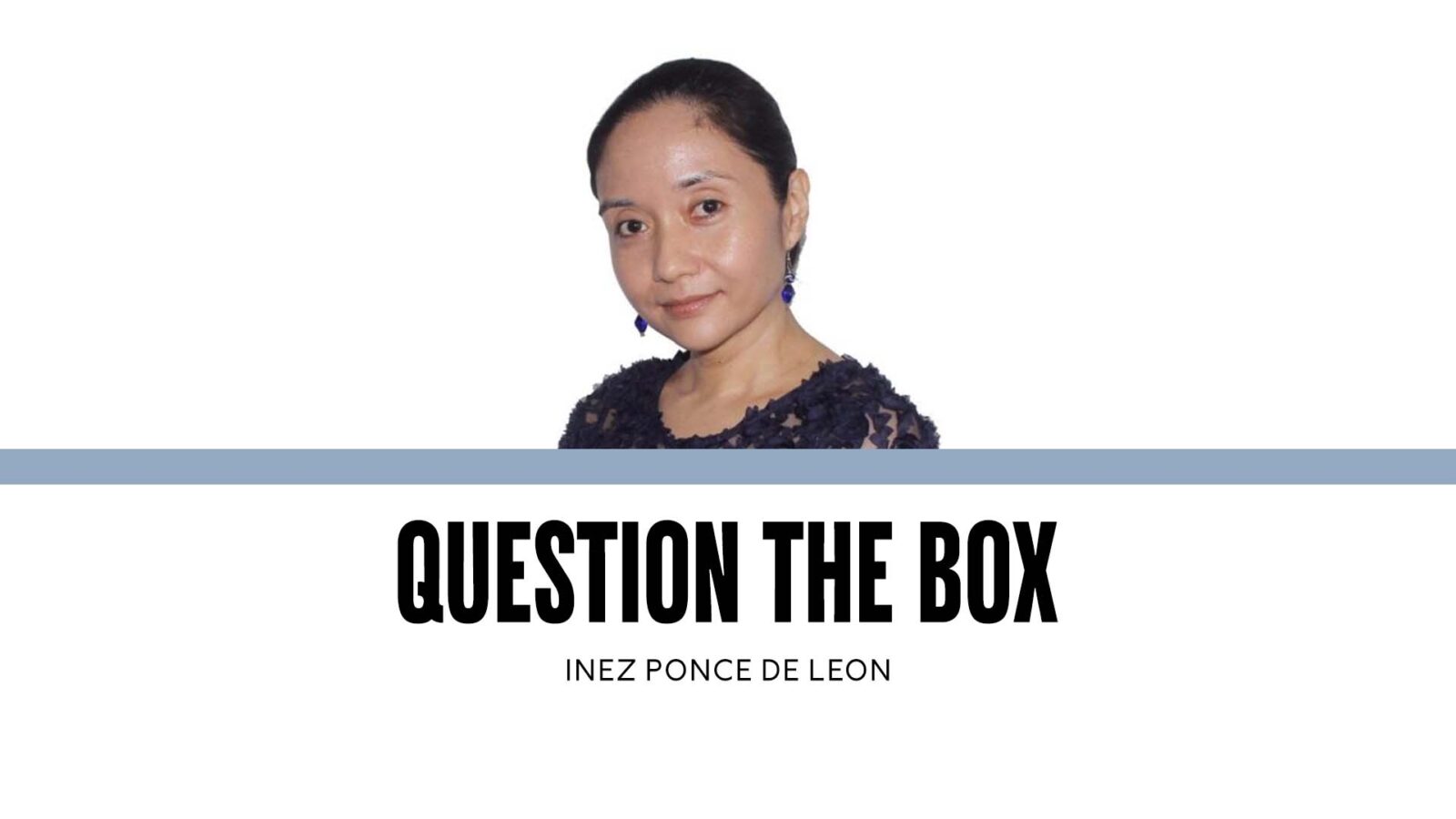Beyond exasperation, above resignation

Ever since we started the semester, we have not had a complete week of on-site classes.
There were national holidays we planned for in advance, but there, too, were the bewildering class suspensions which, when announced, seemed to also tell the rain to stop. And when classes were not suspended? The rain poured in mocking torrents.
Take, for instance, last Friday, when the local government suddenly called for classes to be moved online at noon. Sure, this would have helped people who had not yet gone to campus, but at that time, so many students were already on-site and could well have just been taught in person.
The suspension, besides, had caused traffic, and people couldn’t leave easily; they couldn’t be productive either, as the sudden onslaught of users also slowed the internet down.
Other students even asked: If the rain was supposedly going to be that bad, it would have disrupted the internet anyway if students decided to stay home and attend online classes—so why didn’t the government just order a suspension?
We do understand the need for preemptive measures, but after several of them had been taken for an eventually rainless day, we began to ask what kinds of resources the local government was relying on to make its decisions. For example, in one such weather warning, Manila was not even included in the areas that would experience heavy rainfall, so what was the suspension for?
The excessive measures do tell us something: our local government has decided to err on the side of caution because it assumes that the infrastructure to protect us from floods, ease traffic even during heavy rain, and see people safely home, will not work.
Their “what if” scenarios are built on “there will definitely be floods, so let’s get people off the streets.” Strangely, the scenarios include a digital infrastructure that will not bog down when thousands of people access it at the same time. It’s as though the local government is assuming that we have good internet to make up for bad urban planning.
Spoiler alert: we don’t.
It was this mass of jumbled thoughts that accosted me all week, and that came back when I chatted with Fr. Munching de Guzman, S.J., with whom I always trade observations about the country.
He encouraged me to continue talking about corruption and our never-ending saga of one issue being saved by the next big news. The missing sabungeros and Sara Duterte’s case? Forgotten in the wake of flood control infrastructure scandals. And if the elder Duterte’s hearings start at the International Criminal Court? The corruption scandals might be hushed.
It’s like every scandal is a flood that washes away the previous one. It’s as though we have lost the emotional and intellectual capacity as a nation to handle multiple scandals, see that they are products of the same greed and corruption, and speak up.
To this, Fr. Munching added: The foundation of our progress is in honesty and love for country; if you love someone, you will do what is best for them simply because you know that it is best for them, not because you want personal gratification and glorification.
To this, I added: We know, deep down, as a country, that anyone who clings to money and serves it alone is also starving a family. We know that anyone who drains the coffers for their personal benefit is also keeping people sick. We know that anyone who takes money that isn’t theirs is also contributing to yet another wasted child because their education is so poorly designed and constantly disrupted.
So why are we resigned when we see greed eating away our progress? Why do people defend their idols who are already clearly robbing the country? Why do people ignore that inner goodness and vote whole hellish swamps into office?
Our local governments have even joined in the resigned shrug by calling off classes because of the assumption that the city can’t handle the rain to come, but when have they taken measures to ensure that every step of the city planning process is legitimate and transparent, and that there are well-designed measures in place to keep our schools, businesses, and offices running even when hazards arrive?
When have they done the work that would eventually make class and work suspensions unnecessary?
Every call to stop school and work should not be a call to simply shrug and deal with the repercussions of corruption. It should be a call to speak out against corruption because we can see its effects on everything that touches us.
On workers who lose their wages because they can’t commute to their job sites. On middle-class families that are one sickness away from complete bankruptcy. On students who lose the chance to discuss ideas with each other, who lose the opportunity to mold their identities through in-person socialization, who lose the hours that would have helped them continue to build themselves into thinking and discerning citizens.
Every call to surrender to a hazard is a call to stop living.
When will the government heed the call to start working?


















